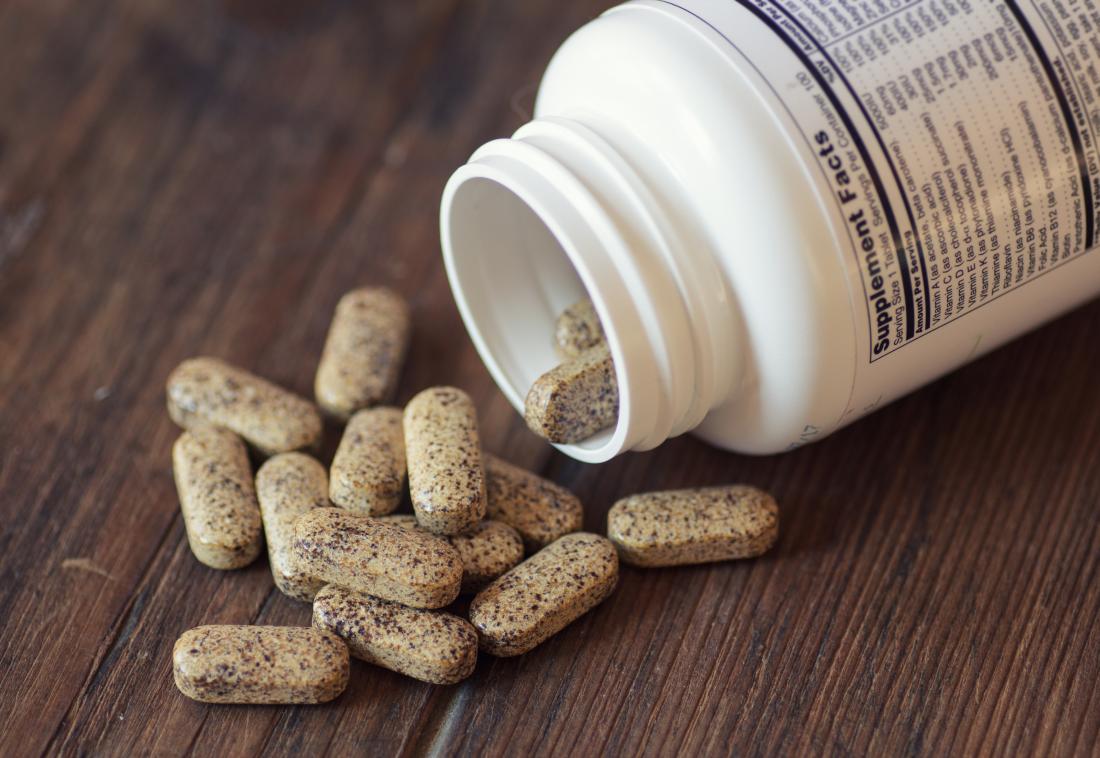The first step to healthy nails is to keep them clean and dry. This might sound simple, but it’s essential for preventing bacteria and fungi from growing under your nails, which can lead to infections. Always dry your hands thoroughly after washing them and try to wear gloves when doing household chores that involve water. If you’re someone who enjoys getting their hands dirty in the garden, gloves are a must to protect your nails from damage and dirt.
Moisturize Regularly
Just like your skin, your nails need moisture to stay healthy. Dry, brittle nails are more prone to breaking and peeling. Regularly moisturizing your nails and cuticles can keep them strong and flexible. Use a thick hand cream or a dedicated cuticle oil, especially after washing your hands or before bed. Massaging the moisturizer into your nails can also increase circulation to the area, promoting nail growth.
Trim Your Nails Properly
Proper trimming is crucial for maintaining healthy nails. Cut your nails straight across to avoid ingrown nails, and round the tips slightly with a nail file to remove sharp edges. Be sure not to cut your nails too short, as this can expose the sensitive skin underneath and lead to discomfort or infection. Regular trimming can also help prevent your nails from getting too long, which can lead to accidental breakage.
Avoid Biting Your Nails
Nail biting is a common habit that can wreak havoc on your nails. Not only does it make your nails look uneven and damaged, but it can also transfer harmful bacteria from your mouth to your nails. If you find yourself biting your nails out of habit or stress, try to keep them trimmed short or use a bitter-tasting nail polish designed to deter nail biting. Finding alternative ways to manage stress, such as using a stress ball or practicing deep breathing, can also help break this habit.
Use a Gentle Nail Polish Remover
Nail polish removers can be harsh on your nails, especially those containing acetone, which can strip your nails of their natural oils and leave them dry and brittle. When possible, choose a non-acetone remover or one that is enriched with moisturizing ingredients. Limit the use of nail polish remover to once a week or less, and be sure to moisturize your nails afterward to replenish any lost moisture.
Give Your Nails a Break from Polish
While it’s fun to wear nail polish, it’s essential to give your nails a break every now and then. Constantly covering your nails with polish can lead to discoloration and weaken the nail structure. Try to go polish-free for a few days or a week between manicures to allow your nails to breathe and recover. During this time, focus on nourishing your nails with oils and creams.
Be Mindful of Your Diet
Healthy nails start from the inside out, and your diet plays a significant role in the strength and appearance of your nails. Make sure you’re eating a balanced diet rich in vitamins and minerals, particularly biotin, vitamin E, and zinc, which are known to support nail health. Foods like eggs, nuts, leafy greens, and fish are great sources of these nutrients. If you find your nails are weak or brittle, consider adding a supplement, but always consult with a healthcare provider first.
Avoid Harsh Chemicals
Exposure to harsh chemicals can damage your nails and skin. This includes not only household cleaning products but also some nail products that contain harmful ingredients like formaldehyde and toluene. Always read labels and try to choose products that are labeled as “nail-friendly” or free of harmful chemicals. When cleaning, wear gloves to protect your hands and nails from chemical exposure.
Don’t Use Your Nails as Tools
It’s tempting to use your nails to open packages, scrape off labels, or perform other tasks, but this can lead to breakage or injury. Your nails are not tools, and using them as such can cause them to split, crack, or even break off. Instead, use the appropriate tools for these tasks, and treat your nails with care.
Visit a Professional Regularly
Even if you prefer to take care of your nails at home, it’s a good idea to visit a professional nail technician regularly. They can help maintain your nails, provide treatments to strengthen them, and identify any potential issues early on. If you notice any signs of infection, discoloration, or other nail problems, it’s essential to seek professional advice to prevent further damage. Regular check-ups can keep your nails looking and feeling their best.



